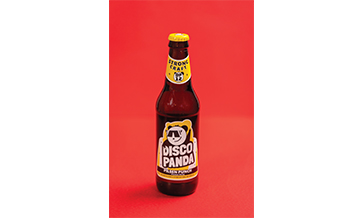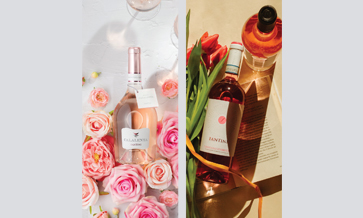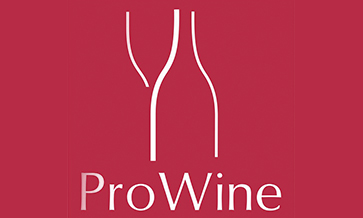The Competition Commission of India (CCI) in March struck down the order issued by the Uttarakhand Agricultural Produce Marketing Board (UAPMB) and imposed a fine of Rs 1 crore on it for abusing its dominant position and for anti-competitive ways in the procurement and distribution of Indian made foreign liquor (IMFL) in in the state.
The regulator said UAPMB, being the exclusive FL-2 wholesale licensee, had indulged in the procurement of alcoholic beverages from manufacturers in an arbitrary manner, resulting in denial of market access to top liquor companies, including United Spirits Ltd (USL) and Pernod Ricard, by favouring other suppliers.
Case No. 2 of 2016 dates back to 2015, when the state of Uttarakhand authorised UAPMB to procure and distribute liquor to retailers. As per a liquor wholesale order passed in 2015, the Board was made an exclusive wholesale licensee for foreign liquor, beer and wine, including IMFL in the state.
Garhwal Mandal Vikas Nigam and Kumaon Mandal Vikas Nigam were appointed exclusive sub-wholesalers, and they ceased to be sub-licensees. Within a year of the move, USL and Pernod Ricard saw combined market shares drop from 81% to 4%.
The International Spirits & Wine Association of India (ISWAI) approached the CCI the same year, complaining that the government’s wholesale unit was trying to drive them out of the market and was restricting their orders to minimal business and that other suppliers were favoured by such restricting orders.
They also complained that the board had entered into agreements with certain members of ISWAI which had one-sided and had unfair clauses.
ISWAI is the representative body of international spirits and wines companies, which includes Bacardi India, Beam Global Spirits & Wine (India), Brown Forman Worldwide, Diageo India, Edrington Marketing, Moet Hennessy India, Pernod Ricard India, USL and William Grant and Sons.
The CCI order said UAPMB’s appointment as the exclusive FL-2 wholesale licensee was arbitrary and capricious and had led to an increase in sales of brands of some manufacturers as well as to a steep decline in the sales of others.
It noted that the arbitrary action had led to a situation where the preferences of the end consumers were not taken into account while placing purchase orders of certain brands of alcoholic beverages, thereby distorting the market to the detriment of manufacturers of certain other brands of alcoholic beverages.
Experts opine that the CCI order is significant as a large portion of the wholesale business in the alcoholic beverages trade in India is now controlled by state beverage corporations that have been granted a monopoly position.
Andhra Pradesh, West Bengal, Kerala, Tamil Nadu and Rajasthan control wholesale or retail or both forms of distribution. How the effect of CCI’s ruling will pan out over different states in times ahead remains to be seen.














